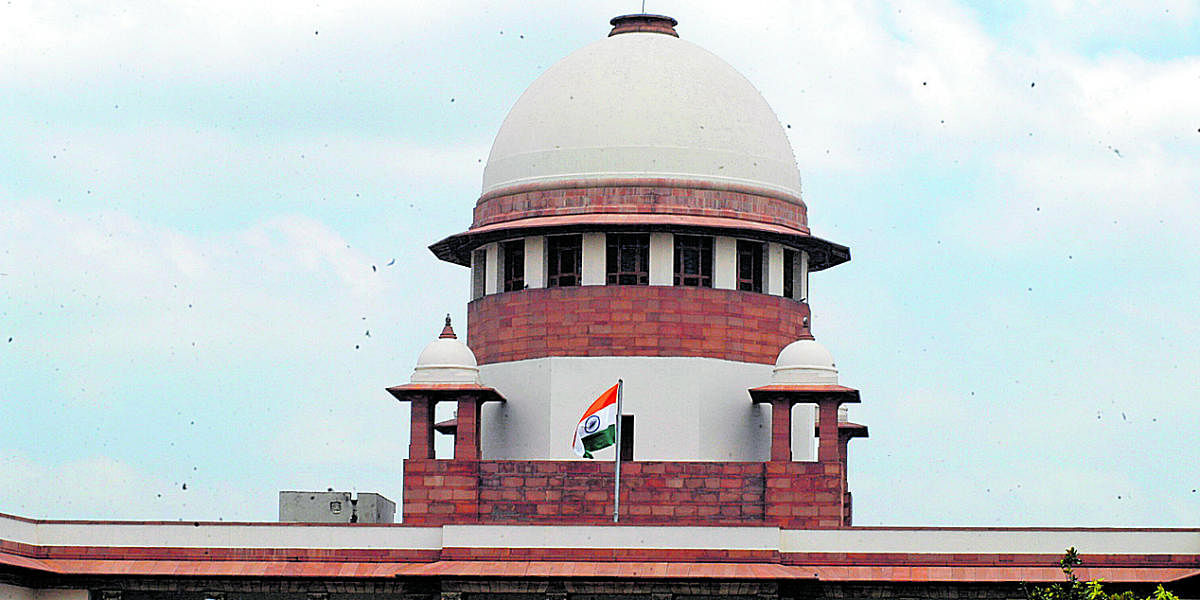
The Supreme Court, in deciding the Ayodhya dispute in favour of Hindus, rejected claims of 'Nirmohi Akhara', a prominent party, to get 'management and charge' of the temple, by declaring its suit as time-barred.
The Nirmohi Akhara represented a religious sect amongst the Hindus, known as the Ramanandi Bairagis.
The Nirmohis claimed that they were, at all material times, in charge and management of the structure at the disputed site which according to them was a temple. However, on December 29, 1949, an attachment was ordered over there after installation of idols in the central dome.
They claimed as 'shebaits' in service of the deity, managing its affairs and receiving offerings from devotees. Their suit for management and charges was filed in 1959. They claimed to be in control of the outer courtyard at the site.
"Having regard to the historical presence of Nirmohi Akhara at the disputed site and their role, it is necessary for this court to take recourse to its powers under Article 142 (under the Constitution) to do complete justice," a five-judge bench presided over by Chief Justice Ranjan Gogoi said its judgement.
In some relief to the Nirmohi Akhara, the court directed that in framing the scheme, an appropriate role in the management must be assigned to it.
The top court had on Saturday directed the Central government to frame a scheme within a period of three months to ensure construction of Ram temple at the site, after finding the evidences in favour of the Hindus on the basis of "standard of proof" of "preponderance of probabilities" as they continued to worship over there and the Muslims failed to assert their exclusive claims.
